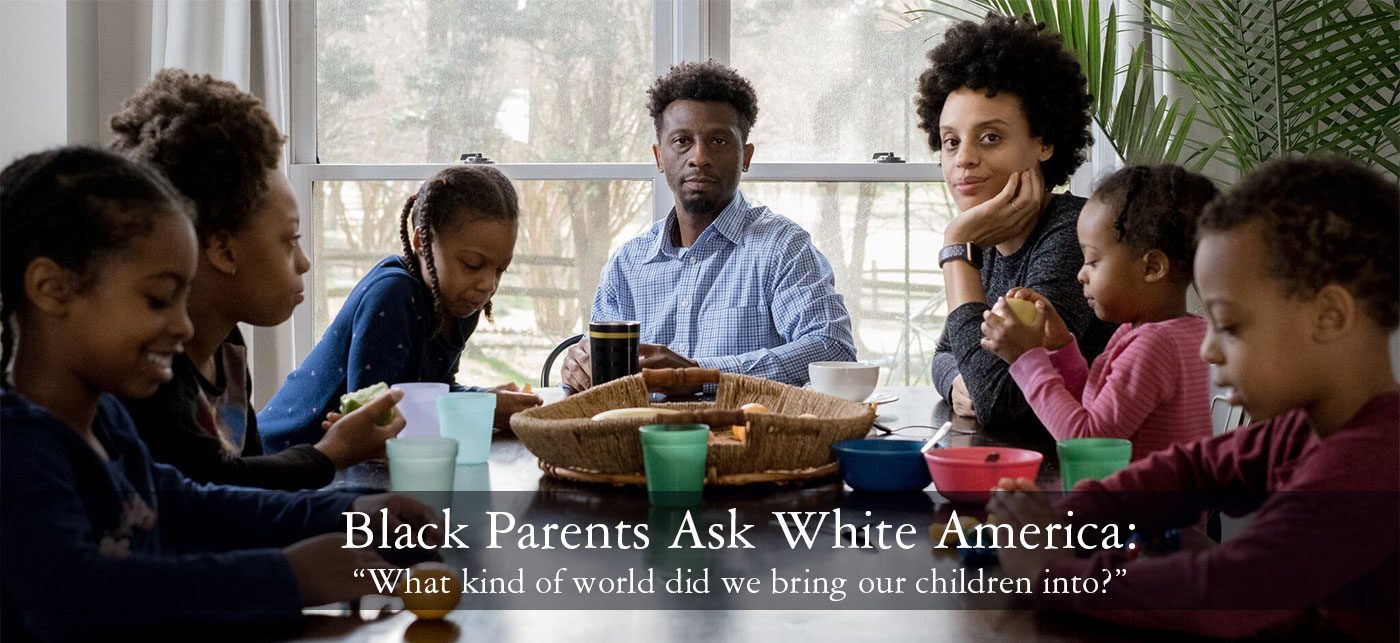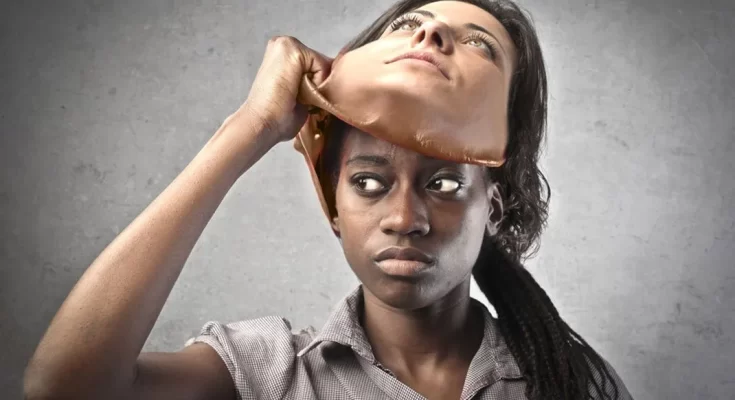As an African American, the duality of existence is a constant companion. A world that simultaneously cherishes diversity and succumbs to discrimination has shaped our lives in profound ways. The complexity of being both African American and Black presents an intricate tapestry of experiences, wherein the struggle against anti-Blackness is an ever-present reality. From microaggressions to systemic inequities, racism manifests itself daily in the lives of African Americans and other Black individuals.
Microaggressions, those seemingly harmless remarks or actions that perpetuate stereotypes and marginalize, are an insidious form of racism that African Americans face daily. The all too familiar phrases like, “You’re so articulate for a Black person,” or “Can I touch your hair?” not only underscore prejudiced assumptions but also highlight the pervasive nature of anti-Blackness. These seemingly small encounters chip away at one’s self-esteem, subtly reminding us that our identity is perceived through the lens of bias.
Institutional racism, deeply ingrained in societal structures, rears its head through coded language and discriminatory policies. From redlining in housing to discriminatory sentencing in the justice system, African Americans confront these biases at every turn. The disproportionate incarceration rates and the glaring racial wealth gap are a testament to the systematic oppression that continues to plague our communities. These daily struggles, invisible to some, have far-reaching consequences that echo through generations.
The non-Black media has played a demonic role in shaping perceptions and reinforcing stereotypes about African-Americans. Representation matters, and the skewed portrayal of Black individuals perpetuates harmful narratives. Whether it’s criminalizing protests for justice or sensationalizing incidents, media bias further fans the flames of anti-Black sentiment. The relentless portrayal of African-Americans as threats or anomalies exacerbates the daily challenges we face, affecting our interactions and opportunities.
Education is often heralded as the great equalizer, but the reality for many African Americans paints a different picture. Unequal funding, lack of access to quality education, Eurocentric curriculum all contribute to perpetuating the cycle of disadvantage, and now the elimination of the white supremacy/racism history of the nation being taught. These daily disparities limit opportunities, hinder upward mobility, and compound the effects of anti-Blackness. These above challenges are ongoing and shapes the trajectory of our lives.
The simple act of moving through various spaces becomes a nuanced experience for African-Americans. From being followed in stores under suspicion of theft to the implicit biases that dictate interactions, daily life is punctuated by moments of tension. The need to modulate our behavior and appearance to fit into predominantly white environments speaks volumes about the challenges we face. Navigating these spaces is akin to a delicate dance, where we strive to retain our identity while minimizing discomfort for others.
As African-Americans and Black individuals, our daily experiences are marked by the persistence of anti-Blackness. The microaggressions, coded language, institutional racism, media misrepresentation, educational disparities, and the complexities of navigating spaces all underscore the depth of this issue. But despite these challenges, our resilience shines through. We continue to celebrate our culture, embrace our heritage, and strive for equality, fighting to remove the deeply rooted structures of discrimination. By acknowledging these daily realities, we take a step towards fostering empathy, understanding, and ultimately, a more just and inclusive world.





